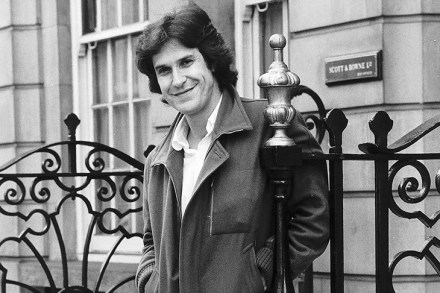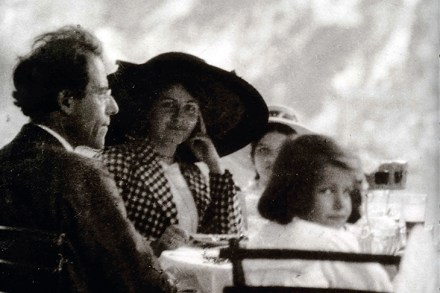Even in the Swinging Sixties, Ray Davies was feeling nostalgic
More from BooksAt first glance, nostalgia does not seem like a subject much suited to exploration via the medium of the pop song; after all, this is the topic which inspired, at least in part, Ulysses and A la Recherche du Temps Perdu, two of the greatest and longest novels of the 20th century. What can one































